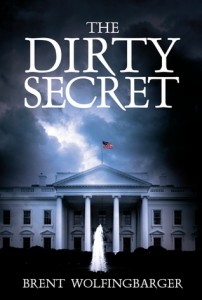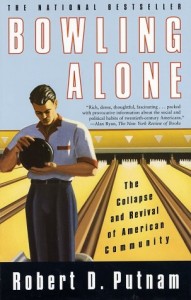 Author, Brent Wolfingbarger was kind enough to send me a copy of his book The Dirty Secret for review.
Author, Brent Wolfingbarger was kind enough to send me a copy of his book The Dirty Secret for review.
The difference between victory and defeat in the Electoral College comes down to 259 votes in West Virginia. A state senator desperately fights back against a lawsuit that is pushing his family’s company toward bankruptcy. A vice presidential candidate’s adulterous affair threatens to explode in his face and burst into the world’s headlines with devastating consequences. A ruthless billionaire will stop at nothing to avoid facing justice for his crimes. A small town prosecutor stumbles upon a plot to win the election by any means necessary: High-tech manipulation of electronic voting machines, creative interpretation of arcane election laws, bribery, blackmail and even murder.
And Rikki Gudivada and Dave Anderson – two star-crossed former lovers from opposite sides of the political fence – are drawn back together as the battle rages for West Virginia’s 5 electoral votes, racing to solve a murder that imperils the very heart of America’s constitutional system while each struggles over the same question: Is anything more important than winning the White House?
This is a fairly straightforward political thriller. In the beginning, there are a number of loosely connected characters following their own paths. It invites the reader to speculate how they might eventually intersect, and when the proverbial fecal matter hits the proverbial rotating blades, it isn’t in quite the way you expect, which is a pleasant surprise.
The characters are nicely fleshed out, and most are even likable. The language is sprinkled with the kind of colorful sayings that make me miss the American good ‘ol boys, some of it quite witty. You really find yourself invested in rooting for everyone.
There is quite a lot of legalese or at least descriptions of how the laws around the electoral process work. I found some of it a bit like sitting through a civics class, but it really is necessary to understand how the attempted scams are meant to work. So, though it causes the middle of the book to sag a little, it is worth it. Additionally, the whole tail end kind of hangs precariously on a number of convenient coincidences, but where would political thrillers be without coincidence? Plus, the purex measuring cup scene was pretty classic.
All-in-all, The Dirty Secret is a nicely bundled and entertaining read that I would recommend for those who have an interest in politics.
